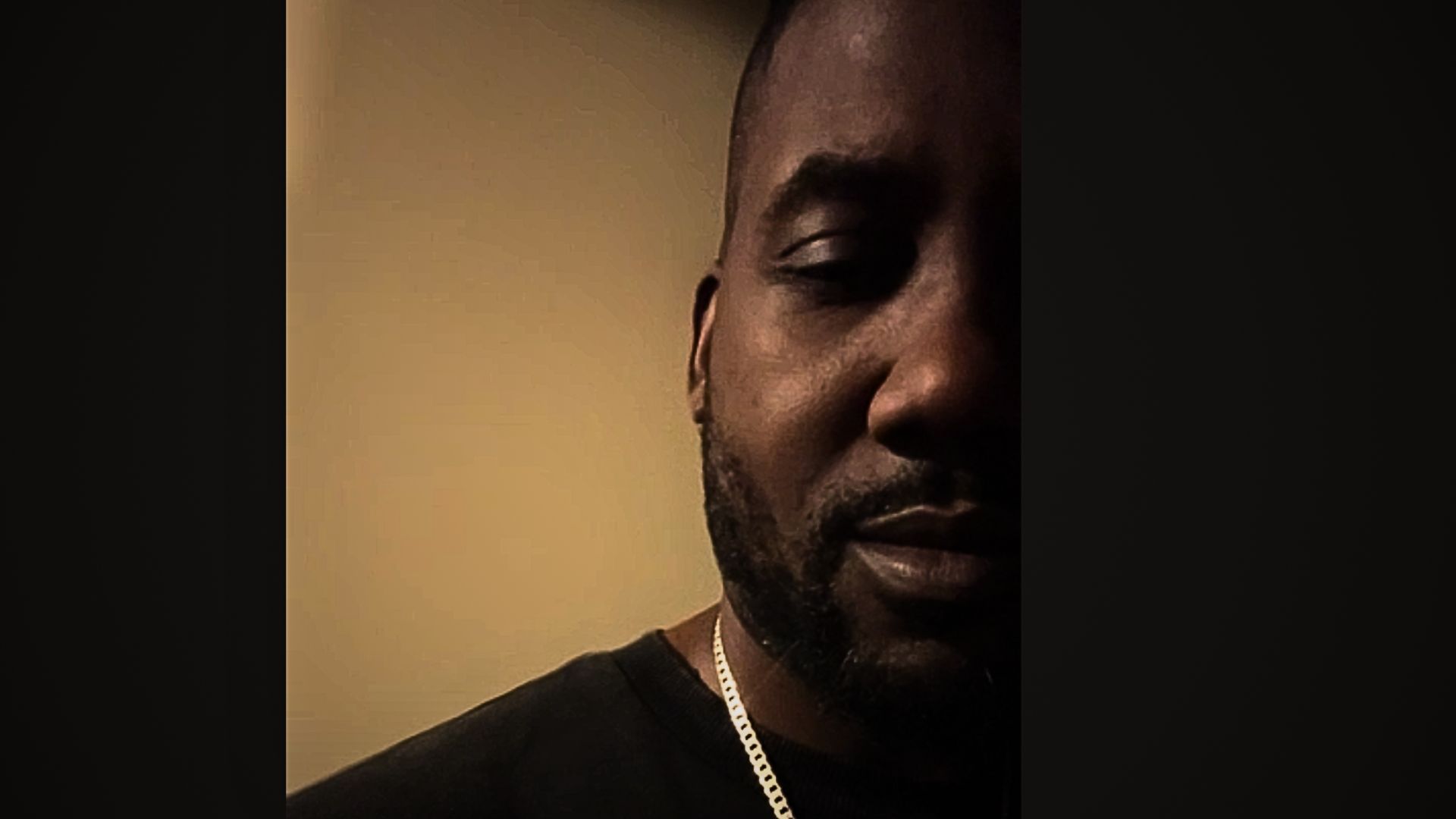By Dave ‘Davey D’ Cook
(HKR-April 7 2025)Tef Poe, the Ferguson activist and emcee, is under fire. His crime? Not violence. Not threats. Just verses. The controversy surrounds two songs released during a tense St. Louis mayoral race. In them, Tef criticized Cara Spencer, a corporate-backed challenger seeking to unseat the city’s first Black woman mayor.
Sanitizing Black History, Silencing Black Voices
The interview opened with concerns over a disturbing trend. From DC’s African American Museum down to local headlines, there’s a clear pattern. Words like “slavery” are being stripped from exhibits. Radical figures and Freedom Fighters like Harriet Tubman and John Brown are watered down. The goal? Sanitize and rewrite Black resistance into something more palatable.
The censorship isn’t just academic. Tef Poe’s political lyrics led to a police investigation. The accusation? That his song contained threats against Spencer. But as Davey D pointed out—there was no threat. Just pointed political commentary rooted in tradition and accountability.
Ferguson Roots and a History of Organizing
Tef reminded listeners that he’s no stranger to using hip hop as a political weapon. From Hillary Clinton to local aldermen, he’s used lyrics to hold the powerful accountable. This isn’t a gimmick—it’s expected in his community.
His recent tracks call out Spencer for aligning with corporations aiming to gentrify and displace Black residents. The community sees the stakes. This isn’t just politics. It’s about who gets to shape Black futures.
“This time, I had to go harder,” said Tef. “It might confuse people, but I had to fight for Black St. Louis.”
A Mayor Under Siege and a Community Divided
While Tef and the current mayor weren’t always allies, he refused to stand by while outside forces attacked her.
“She’s from our side of town,” he said. “Even if we’ve had our issues, they don’t get to jump her and expect us to stay silent.”
The investigation that followed his first song, The Ghost of Ivory Perry, highlighted the double standard. “If I rapped about killing Black men, no one would care,” he said. “But speak on power? Call the cops.”
Culture as Weapon and Organizing Tool
Tef explained that he’s blending drill music with messages that spark political fire. He’s bridging generations by invoking civil rights icons like Ivory Perry. “This is about memory,” he said. “About keeping that spirit alive in the city.”
He’s dropped three tracks so far, each more defiant. But he’s clear: it’s not just music. It’s strategy. It’s organizing. “They use media, money, and lies. I’m using a beat,” he said.
Davey D connected the dots to similar patterns seen in Oakland and across the country. Outside money flooding campaigns. Voices silenced. Communities destabilized.
Ferguson’s Fallen and the Ghosts of Power
The conversation turned somber when Davey D asked about the forgotten frontline activists from Ferguson. At least seven have died under suspicious or unexplained circumstances. Tef acknowledged the weight.
“You can’t be active like I am and not think about it,” he said. “But fear doesn’t guide me. Legacy does.”
Tef connected these deaths to a broader history of suppression in St. Louis and the Midwest—a region long dominated by hostile elites. He pointed to Homer G. Phillips, a Black doctor and civil rights icon, gunned down in broad daylight. He referenced secret societies like the Veiled Prophet and crime families whose influence continues to shape power structures today.
“These same families owned slaves,” Tef said. “They just changed clothes. Swapped plantations for LLCs. But it’s the same game.”
Tef detailed how St. Louis and its suburbs are still operated like tightly controlled fiefdoms. Wealthy white elites dictate policy behind the scenes, often working through shadow organizations. These networks resemble the old-school White Citizens’ Councils—polite in public, brutal in practice.
“This is high-level organized crime with political power,” he warned. “And they’ve had generations to refine it.”
He even drew connections between St. Louis and larger national tragedies. The alleged assassin of Martin Luther King Jr. had deep ties to St. Louis. “King didn’t know what he was stepping into,” Tef said. “He was dealing with mafia-type power.”
Global Solidarity, Real Talk
Tef also reflected on his travels—from Palestine to Ireland to the UN. Despite shared struggles, he said global solidarity with Black Americans often rings hollow.
“There’s a global anti-Blackness,” he said. “No matter how many times we travel, they still see us as the enemy.”
But that hasn’t stopped him from telling the truth. His closing message was clear: use what you’ve got. Use art. Use intellect. Use platforms. The moment to act is now.
“This is like Terminator 2, man,” he said. “I’ve seen the machines take over. If we don’t fight today, it’s going to get real bad.”


Leave a Reply